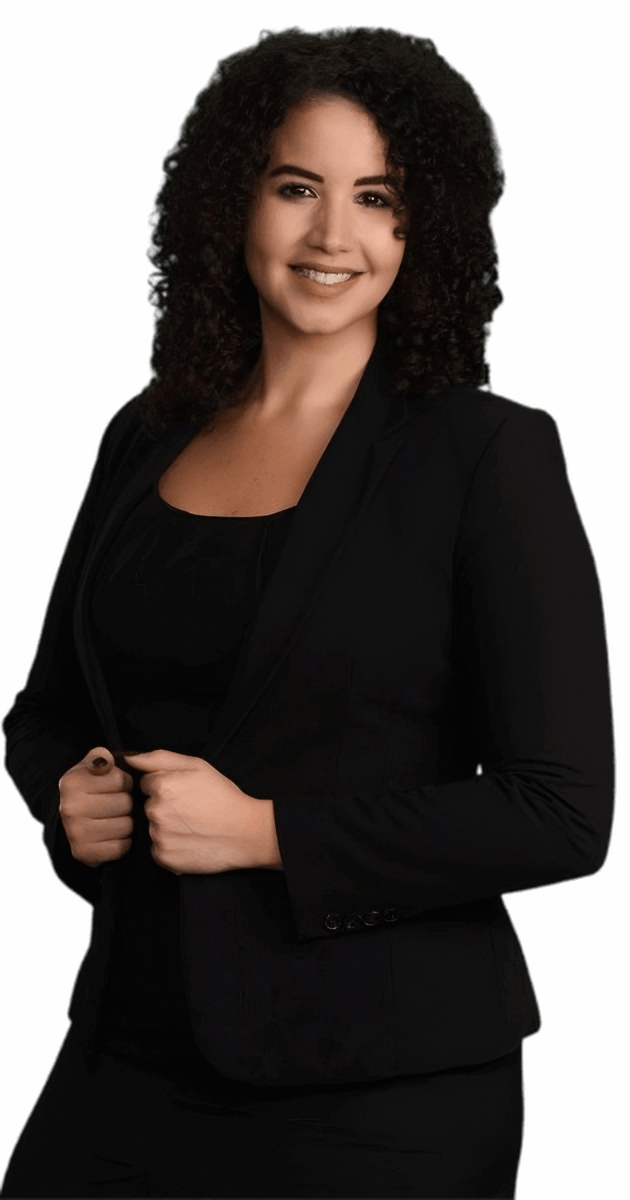DC Cocaine Arrests
If you are stopped by police on suspicion of having an illicit substance, it is important to pay attention to your actions. You should remain calm and friendly but not answer any questions beyond identifying yourself before you talk to a lawyer. If you have questions, an attorney can guide you through what to do after a DC cocaine arrest.
With the help of a dedicated cocaine lawyer from the beginning, you may be able to work towards a positive outcome in your case. A lawyer can advocate for your rights and work with you through each step of the process to fight the charges you are facing.
What to Do When Approached by a Police Officer
If someone sees a police officer approaching them, it is always important to remember that as a private citizen, they have every right to be in a public place. They have a right to know whether the officer is detaining them. If an officer approaches someone and begins to ask questions, their only obligation is to provide identification, they do not need to answer any other questions.
If the person asks a police officer whether they are being detained and the officer cannot tell them or says no, they have a right to walk away. However, when an officer says a person is being detained, they can let the officer know that they refuse to answer their questions and do not give consent to any searches but they must stay. An attorney can further explain a person’s rights when they are stopped by the police.
After a Cocaine Arrest
If someone is arrested for a cocaine offense, they may not immediately be able to meet with an attorney. However, as long as they remain quiet and do not answer questions, they may be eligible to be released from the police station to appear in court at a later date. If they are not eligible to be released from the police station, they go in front of a judge at the next available opportunity and meet with their lawyer once they arrive at court.
At the person’s initial court appearance, there are no discussions about reducing charges, negotiating a plea deal, or going to trial. The only purpose of the initial appearance is for the accused to be notified of the charges they are facing. Once they are informed of the charges, their attorney can begin to explore whether their charges can be reduced or dismissed. The possibility of a reduction or dismissal of charges depends on several factors. The seriousness of the charge, the individual’s criminal history or lack thereof, the specific facts of their case, and any weakness the prosecutors have in being able to convict them on a higher-level charge all may determine the person’s options.
Whether someone is felony level cocaine distribution charges or misdemeanor cocaine possession charges, the main goal of their criminal defense lawyer should be to minimize the person’s exposure to the high-level penalties a prosecutor might pursue. Depending on the circumstances, through negotiations, the individual may receive a more favorable result or they can explore the possibility of going to trial with their attorney to force a prosecutor to prove their case and challenge the prosecutor’s allegations before a judge or a jury.
What to Know About Charges in DC
A person could face several levels of cocaine charges in DC. The least severe charge is the simple personal possession of cocaine. This refers to possessing a small amount of cocaine for one’s own personal use. In Washington, DC, this level of a cocaine charge is a misdemeanor offense. However, if prosecutors claim the individual had a large quantity of cocaine or possessed cocaine along with other items such as scales or empty baggies that suggests their intention to distribute or sell the cocaine, they could face a felony level charge of possession of cocaine with intent to distribute.
If prosecutors believe someone is engaged in a sale or transfer of cocaine to another individual, they could charge a felony level charge of distribution of cocaine. These felony charges carry much more serious penalties including the possibility of years of prison time. A lawyer will look at the specific facts surrounding how the police found the cocaine, the constitutional authority they had to conduct a search, why they believed a specific person was in possession of the cocaine, and the circumstances that prove the individual’s intention was to sell or distribute the cocaine.
Talk to a Lawyer About What to Do in a DC Cocaine Arrest
It is important to know your rights in the event of a DC cocaine arrest. This can help you avoid saying or doing anything that could hurt your case. To discuss what to do in a DC cocaine arrest, reach out today for a consultation.

